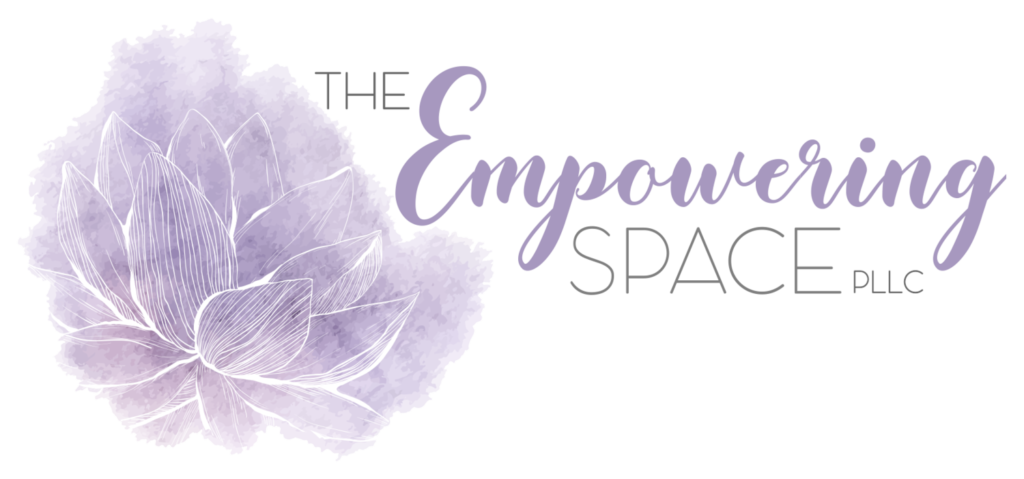Finding culturally sensitive counseling, can feel daunting, but it’s essential for effective support. Start by researching local therapists who specialize in your cultural background or have experience working with diverse populations. Look for credentials, reviews, and testimonials that highlight their cultural competence. Many counseling centers also offer resources and information on their websites about their approach to diversity. Don’t hesitate to reach out and ask questions about their experience with clients from your background. A genuine connection with your counselor can make all the difference in your healing journey.
Understanding Cultural Sensitivity in Counseling
Cultural sensitivity in counseling refers to a therapist’s ability to recognize and respect the diverse backgrounds and experiences of their clients. This sensitivity is crucial for building trust and fostering effective communication. Therapists who embrace cultural competence can tailor their approaches, ensuring that clients feel understood and validated in their unique experiences.
When seeking a counselor, it’s vital to assess their understanding of cultural factors that influence mental health. Look for professionals who actively engage in ongoing education about diverse cultures. This commitment to understanding enhances the therapeutic process, making it more meaningful and relevant to your needs.

Researching Local Resources
Home to various resources for finding culturally sensitive counseling. Start by exploring local directories, such as Psychology Today or TherapyDen, where you can filter therapists by cultural specialties. Many professional organizations also maintain lists of culturally competent therapists who are well-versed in various backgrounds.
Additionally, consider visiting community centers or cultural organizations that focus on mental health. These organizations often have partnerships with local counselors and can provide recommendations tailored to your cultural needs. Gathering information from multiple sources can empower you to make an informed decision about your counseling journey.
Evaluating Therapist Credentials
When searching for culturally sensitive counseling, evaluating the credentials of potential therapists is crucial. Look for licensed professionals who have received training in cultural competence, diversity, and inclusion. Many therapists have additional certifications or specialized training that enhances their ability to address the needs of diverse clients.
Don’t hesitate to inquire about their educational background and any ongoing training related to cultural sensitivity. This information can provide insight into their commitment to understanding and supporting clients from different cultural backgrounds. Choosing a well-qualified therapist can significantly impact your overall counseling experience.
Reading Reviews and Testimonials
One of the best ways to gauge a therapist’s cultural sensitivity is by reading reviews and testimonials from previous clients. Many counseling platforms allow individuals to share their experiences, providing valuable insight into how a therapist operates. Look for comments that specifically mention cultural awareness, empathy, and successful communication.
While reviews can help guide your decision, keep in mind that each client’s experience is unique. Use these insights as a starting point, and trust your instincts when selecting a counselor. Ultimately, finding a therapist who resonates with you on a personal level is essential for effective counseling.
Asking the Right Questions
When interviewing potential therapists, prepare a list of questions that focus on their experience with cultural issues. Ask how they approach therapy with clients from different backgrounds and what strategies they use to ensure cultural sensitivity. You can also inquire about their experience working with clients facing similar challenges to yours. A good therapist will welcome these questions and appreciate your desire for a culturally sensitive approach. Their responses can reveal their level of understanding and commitment to providing support that respects your cultural identity. Establishing this dialogue can help you feel more at ease with your therapist.
- Prepare Specific Questions: Craft specific questions that focus on the therapist’s experience with cultural issues. This preparation shows your commitment to finding culturally sensitive support and ensures you gain insights into how well the therapist understands the complexities of diverse backgrounds.
- Inquire About Therapy Approaches: Ask the therapist how they approach therapy with clients from different cultural backgrounds. Understanding their methods will help you gauge their flexibility and adaptability in addressing unique cultural dynamics, ultimately ensuring that your therapeutic experience is tailored to your needs.
- Discuss Strategies for Cultural Sensitivity: Request information about the strategies the therapist uses to maintain cultural sensitivity. This dialogue can shed light on their proactive efforts to create a safe and respectful environment, allowing you to feel understood and valued during your sessions.
- Explore Relevant Experience: Inquire about the therapist’s experience working with clients who have faced challenges similar to yours. This can help you assess their familiarity with your specific issues and provide reassurance that they possess the necessary skills to support you effectively.
- Value the Therapist’s Openness: Observe how the therapist responds to your questions. A good therapist will appreciate your desire for a culturally sensitive approach, reflecting their willingness to engage in meaningful dialogue. This openness fosters a strong foundation for building a trusting therapeutic relationship.
Exploring Teletherapy Options
In today’s digital age, teletherapy has emerged as a viable option for those seeking culturally sensitive counseling. Virtual sessions can provide access to a broader range of therapists, including those specializing in diverse cultural backgrounds. This flexibility can be particularly beneficial if local options are limited or if you prefer the comfort of your home.
When considering teletherapy, ensure that the therapist’s online platform prioritizes confidentiality and security. Additionally, assess whether they have experience conducting virtual sessions with clients from different cultural backgrounds. This ensures a smoother transition to an online format, allowing you to focus on your therapeutic journey.
Building a Support Network
As you navigate your search for culturally sensitive counseling, consider building a support network that reflects your cultural identity. Friends, family, or community members can provide encouragement and insights as you seek therapy. They may even have personal recommendations for counselors who understand your unique cultural experiences.
Engaging with supportive individuals can also help reinforce the importance of seeking therapy. Sharing your journey with trusted people can alleviate feelings of isolation and enhance your overall well-being. Their support can make the process more manageable as you work toward finding the right counselor for your needs.
Trusting Your Intuition
Trusting your intuition is key when selecting a culturally sensitive counselor. After meeting potential therapists, pay attention to how you feel during your interactions. A therapist who resonates with you on a personal level will create a more comfortable and open space for discussion.
If something feels off or if you don’t feel understood, it’s okay to continue searching for the right fit. The therapeutic relationship is built on trust, and it’s essential to find someone who honors your cultural identity while supporting your mental health journey. Remember, your comfort and connection with your counselor are paramount to effective therapy.
Conclusion
Finding culturally sensitive counseling is crucial for effective therapeutic support. By taking the time to research local resources, evaluate therapist credentials, and ask pertinent questions, you can ensure that your chosen counselor understands and respects your unique cultural background. This personalized approach fosters a deeper connection and enhances your overall healing journey. Remember, prioritizing cultural sensitivity in therapy can significantly impact your mental health and well-being.
At The Empowering Space PLLC, we are dedicated to providing a safe and inclusive environment for all clients. Our team of experienced professionals understands the importance of cultural competence and is here to support you every step of the way. For more information or to schedule a consultation, please contact us at (214) 775-0857. Your journey towards healing and empowerment starts with us.





